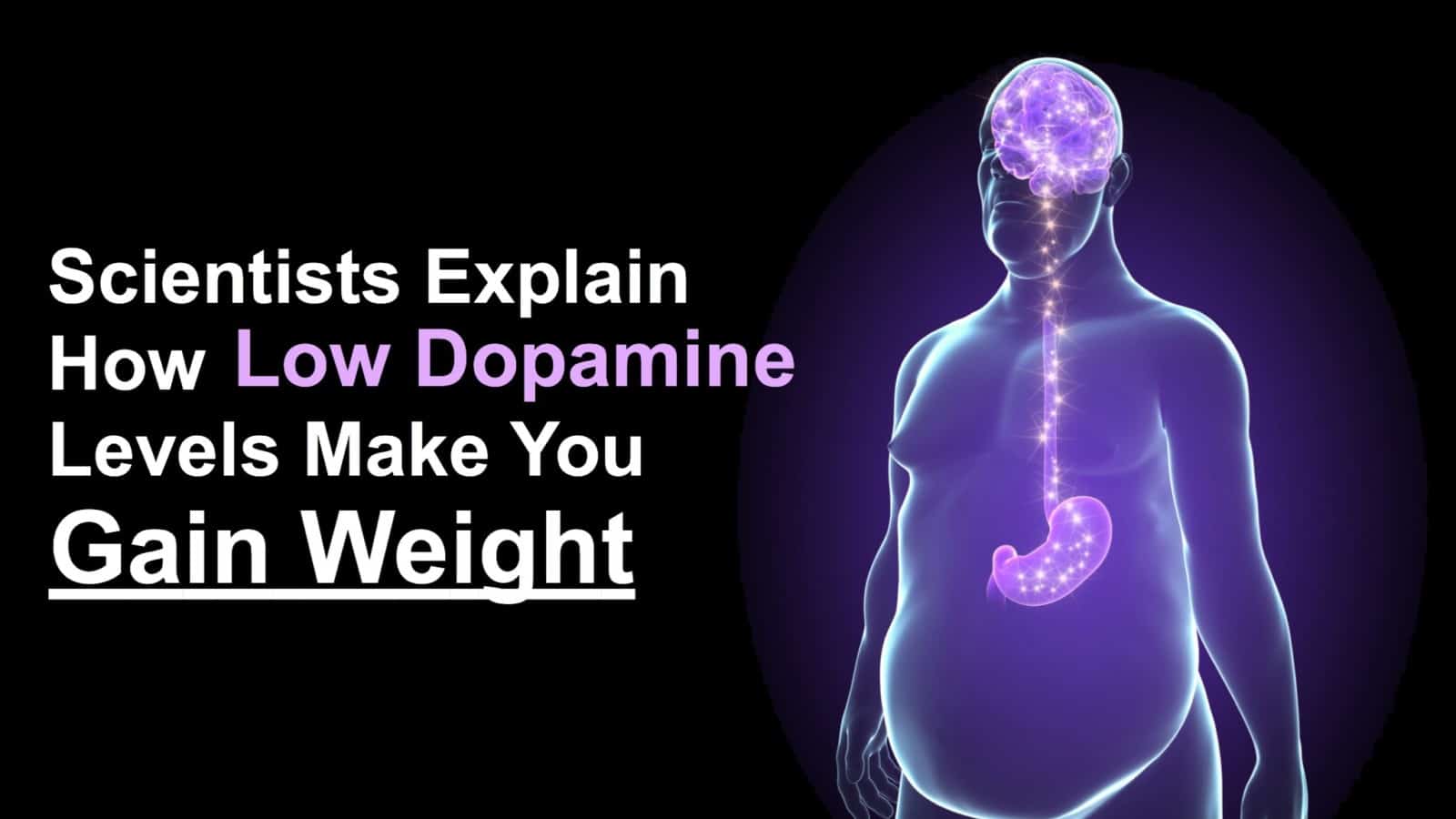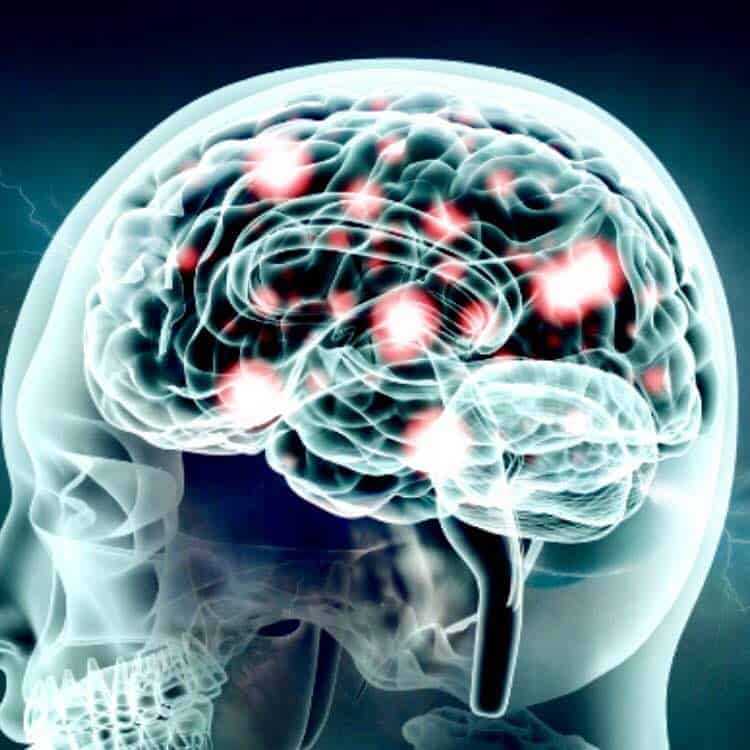Dopamine is one of the important neurotransmitters in your brain that sends communication signals through the nervous system, and science explains why low levels of it may make you gain weight. It affects our neurological system in multiple ways, and low levels of this important chemical can have serious negative health effects.
Low dopamine levels and weight gain
Your ability to cope with stress is better when you exercise, and your workout may also help prevent depression because it improves the effectiveness of dopamine transmission. Eating bad to feel good and avoiding exercise are both common unhealthy behaviors in those who have symptoms of depression. Low levels are also associated with depression.
Our overall mood improves when we have normal levels compared to low levels. Researchers studying the causes of weight gain and obesity found that less depressed rats are more likely to exercise than depressed rats with low dopamine. The study found that changes in activity levels were associated with low levels. Furthermore, diet was not as important as dopamine in determining how much exercise a rat would make the effort to do.
Exercise and dopamine levels
Most of us know that to avoid gaining weight. So need to be mindful of the food we consume and the amount of exercise we get in a day. Researchers know that when we finally do exercise, we get a burst of dopamine in response to exertion. Exercise improves our ability to cope with stress. Furthermore, it may help prevent depression because it improves the effectiveness of dopamine transmission.
A lack of mindfulness can lead to an inability to remain disciplined in our actions, including how frequently we exercise. Mindfulness includes an innate knowledge of what someone must do to improve one’s health and well-being and attend to those needs. Low dopamine levels may prevent you from being able to see that action needs to be taken to avoid gaining weight.
Willpower and low dopamine levels
How much you control your behavior relies largely on your willpower to do the things you do. Without willpower, we would have no drive to accomplish anything. Willpower, it turns out, may be largely a result of the amount of dopamine in your brain. Low dopamine levels connect with a lack of activity and willpower to act.
In humans, the prefrontal cortex plays an important role in the sensation of fatigue and the perception of effort during exercise. Exercise, without actually making the effort, correlates with increased striatal and medial prefrontal cortex dopamine transmission. Researchers found that rats with improved transmission were likelier to choose voluntary exercise over a sweet food reward.
Dopamine affects many functions throughout the body, including your ability to pay attention. Of course, this can impact your motivation to work out. Desiring exercise over food and gaining pleasure from exercise are two reasons healthy levels are important for your body. Increasing willpower to be active in your life is an additional benefit of dopamine. To increase your levels with little effort, write down one small task and do it. Crossing it off your list and enjoying your accomplishment should send your brain a wave of dopamine.
















